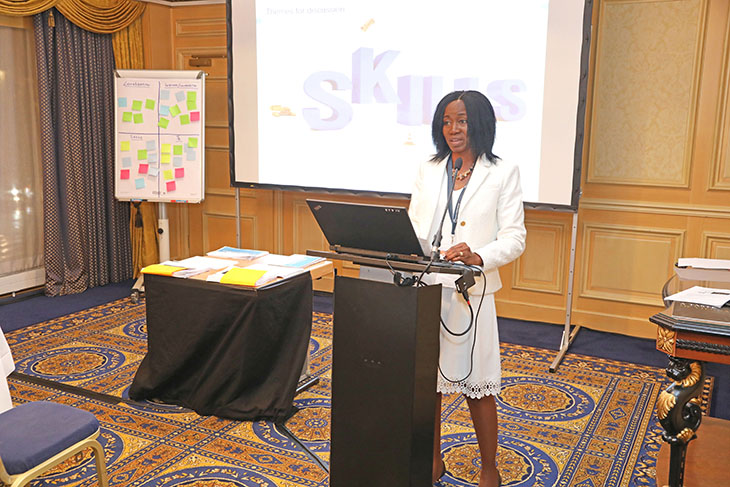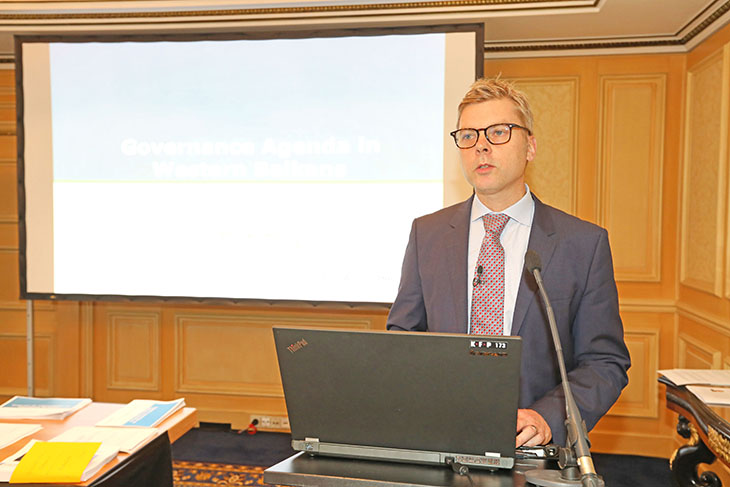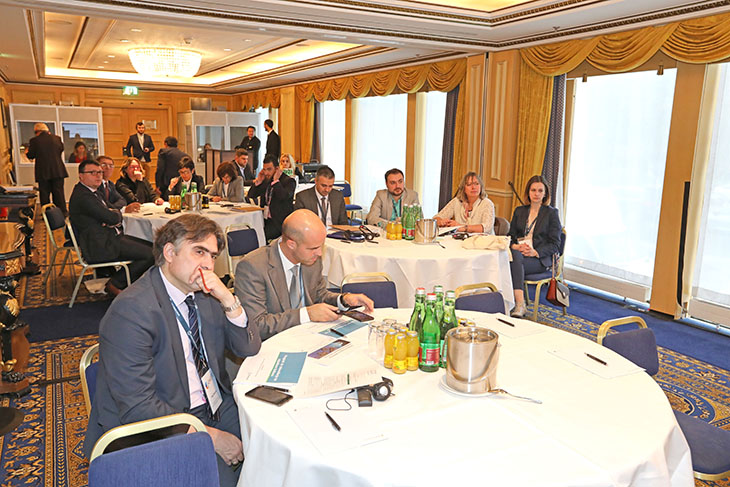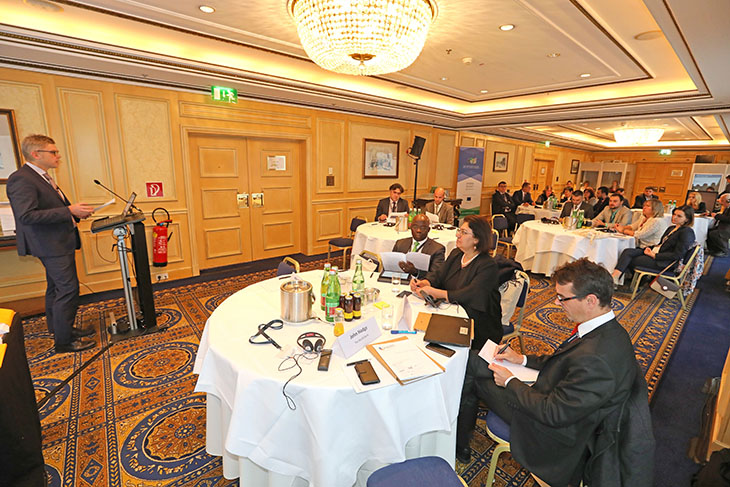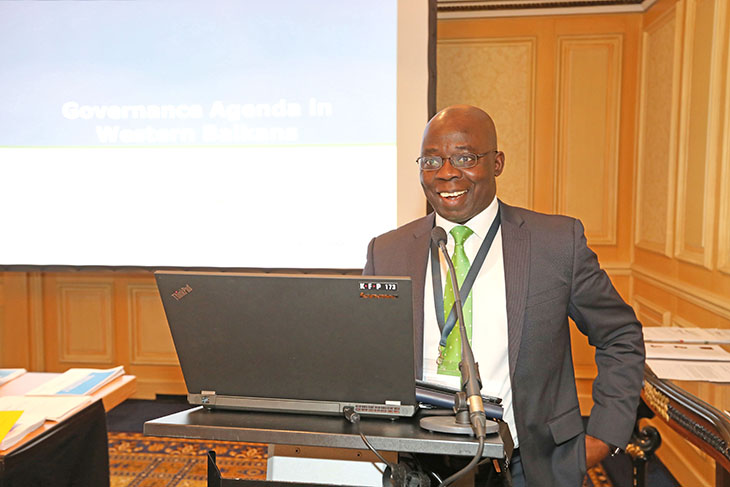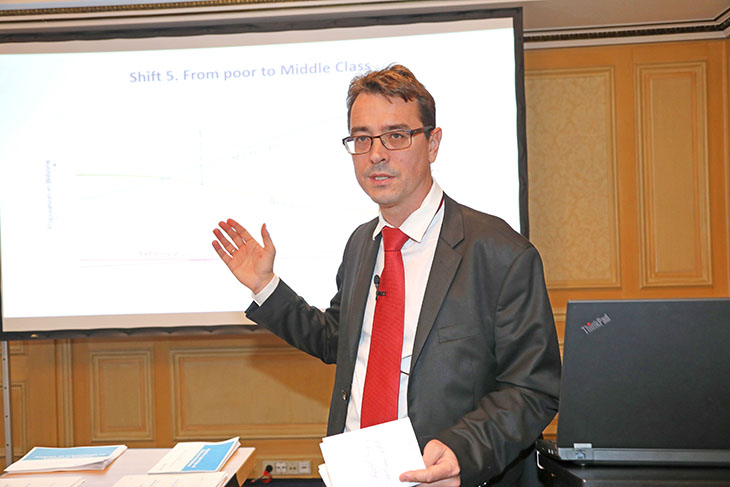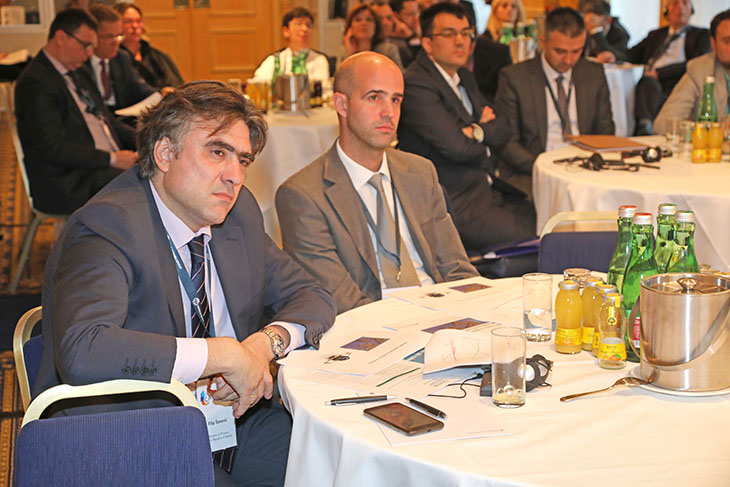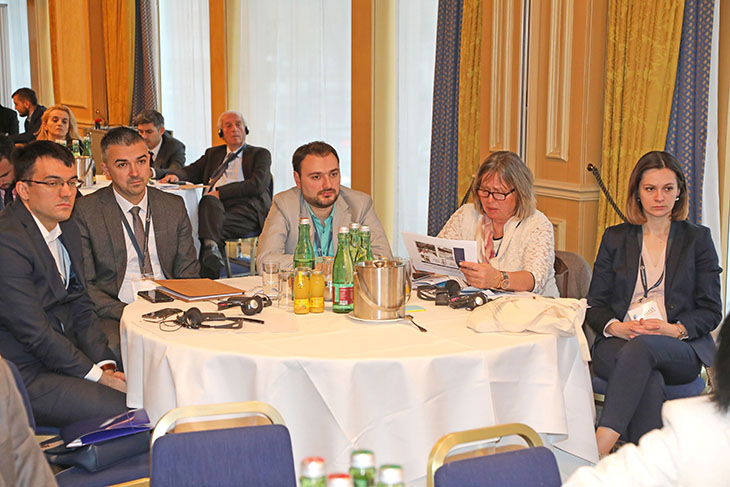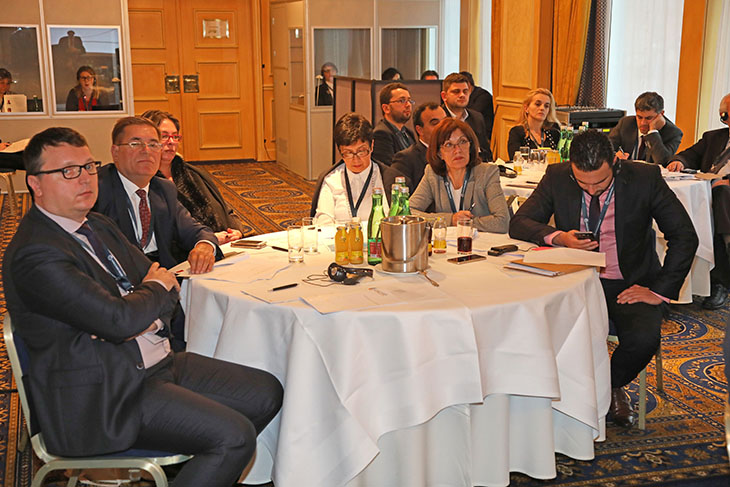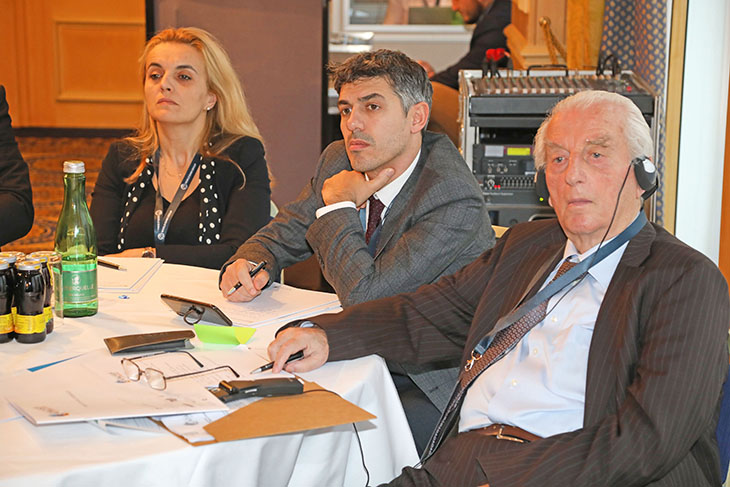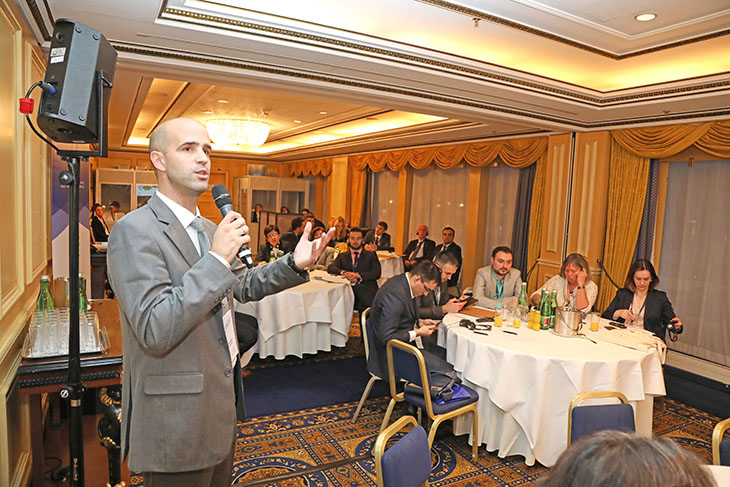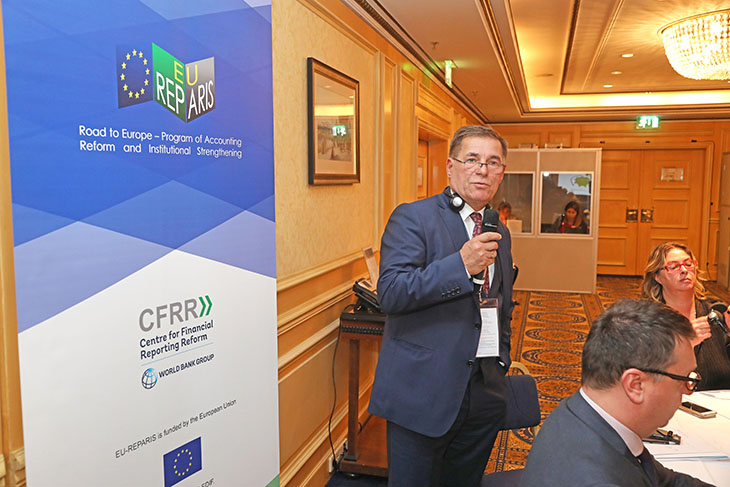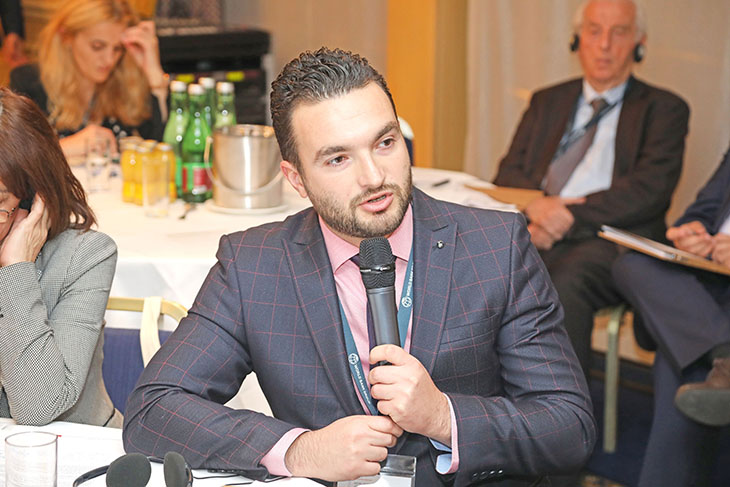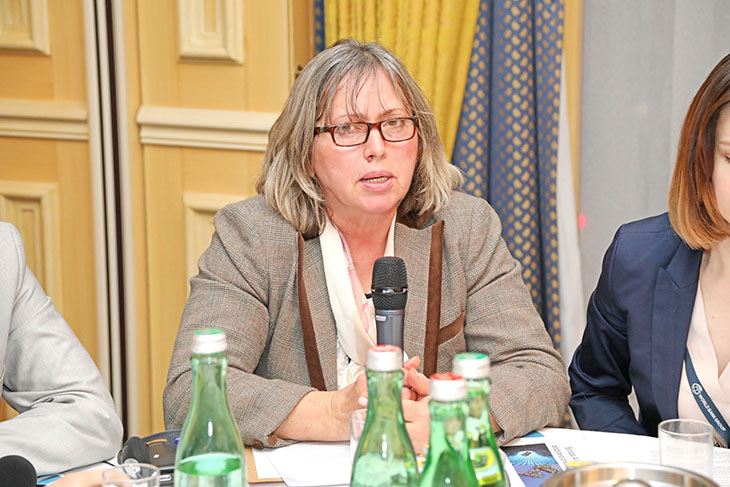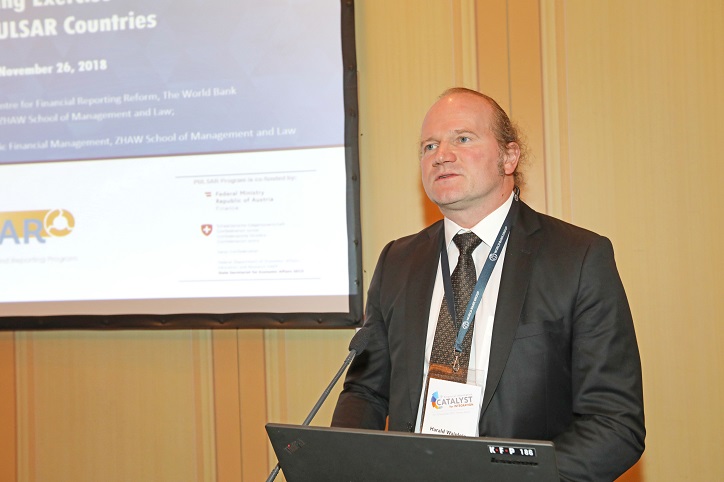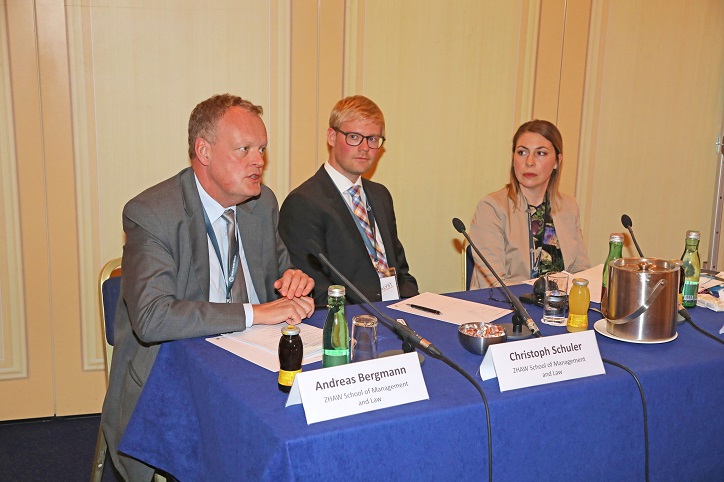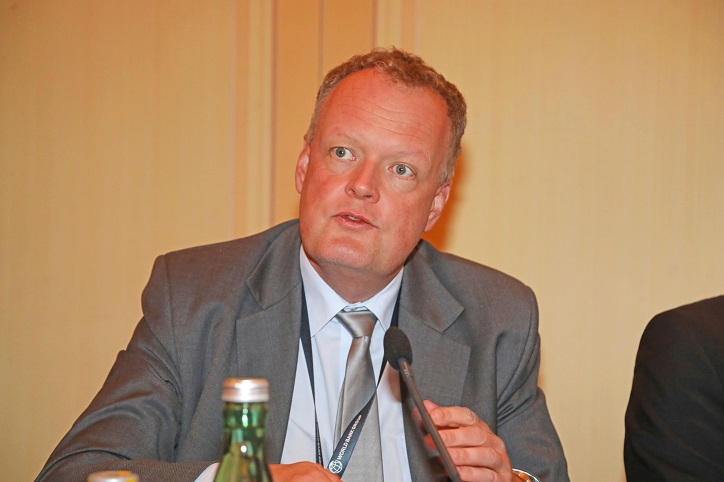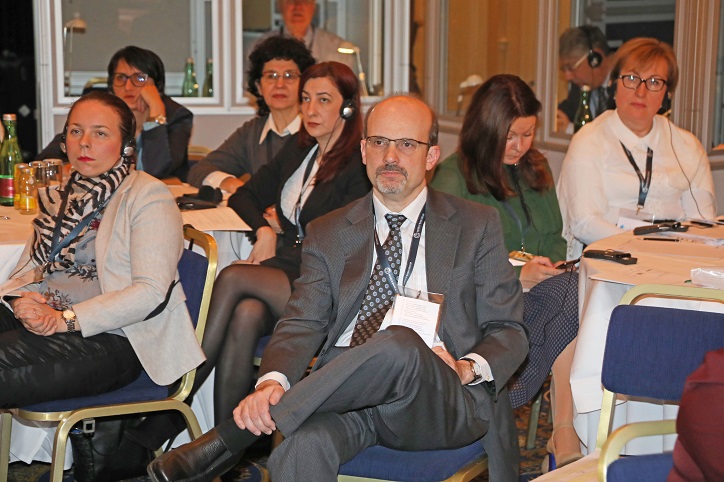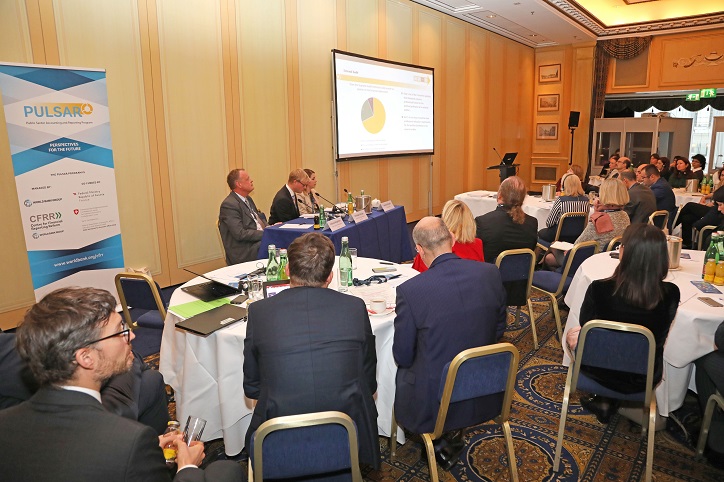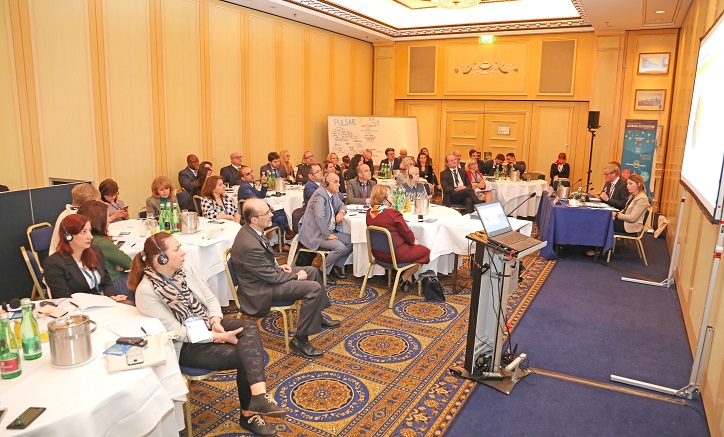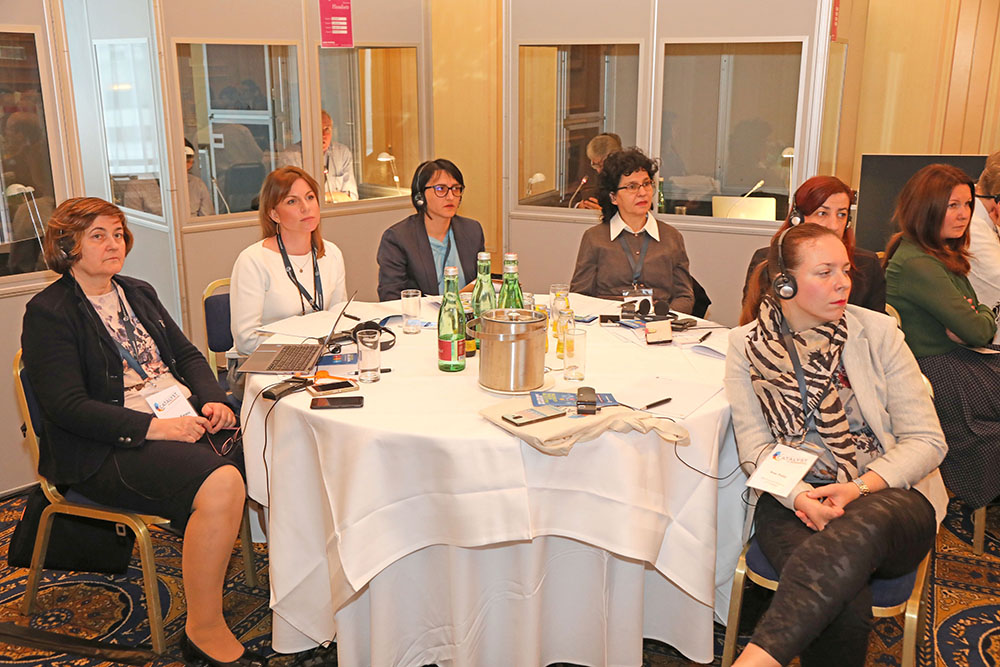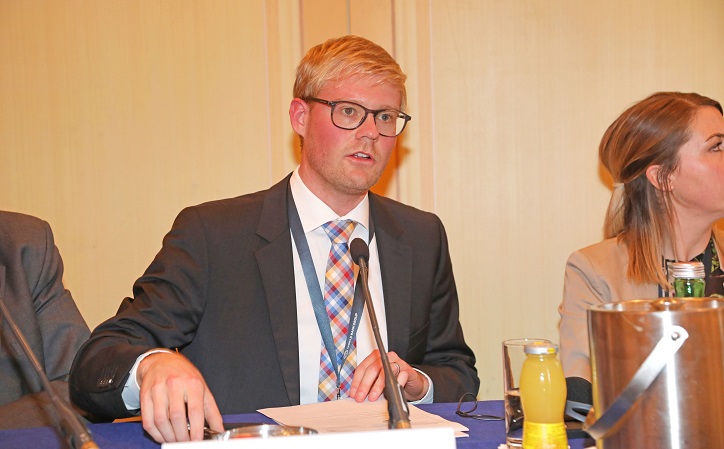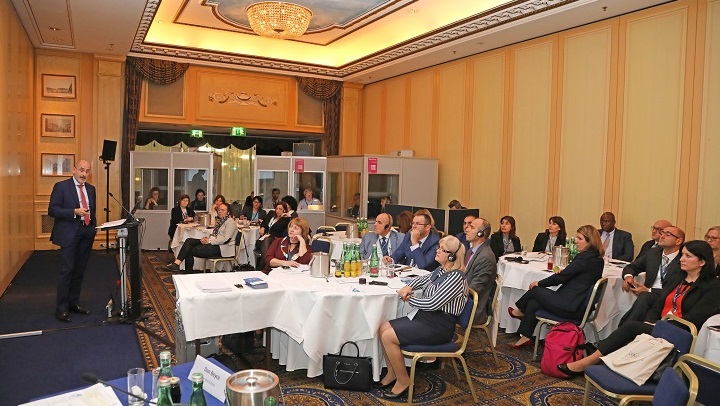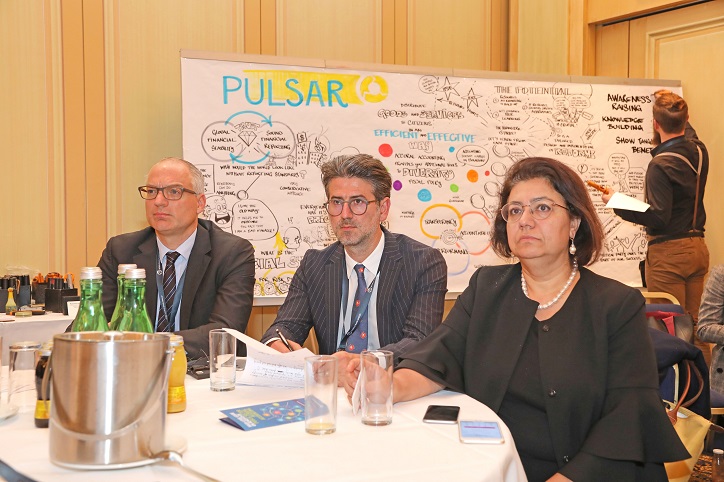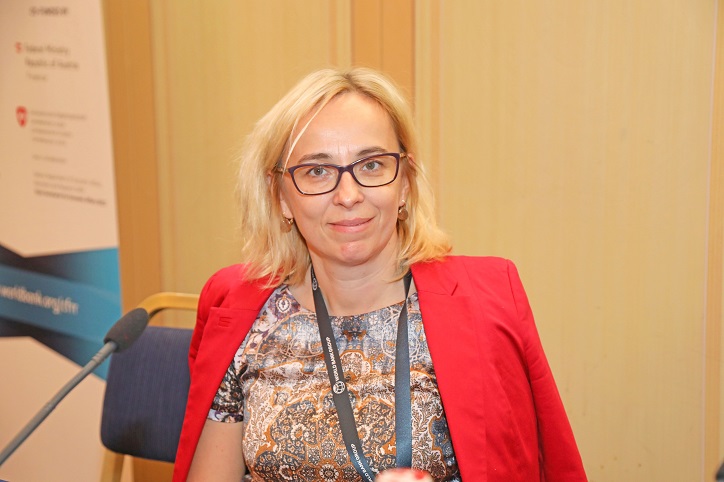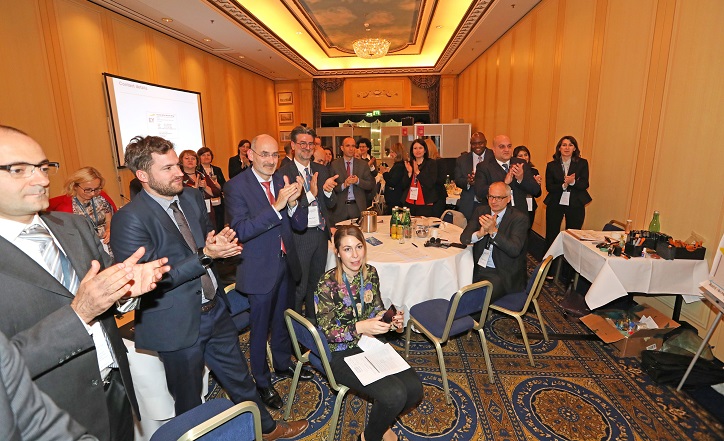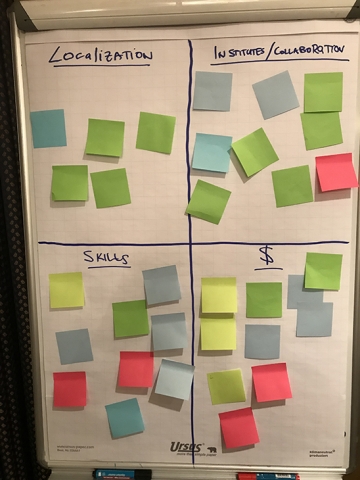On 26 November, 2018, the World Bank’s Centre for Financial Reporting Reform (CFRR) held the Senior Officials’ Workshop in Vienna, including senior officials from the Ministries of Finance and audit oversight institutions from the six Western Balkan countries (Albania, Bosnia and Herzegovina, Kosovo, Macedonia, Montenegro and Serbia), to discuss and reflect upon the status and implementation of their financial reporting reforms.
All of these countries have either recently, or are in the process of, re-enacting their audit and accounting laws to bring them more aligned with good practices and the requirements of the European Union’s acquis communautaire.
In preparation for the discussions, the CFRR asked participating countries to note their achievements to date and key challenges ahead. The key challenges confronting participating countries were very similar and could also be organized under the following themes:
Localization: Creating laws based on those designed for adoption in different jurisdictions and implementing them locally, (i.e. difficulties in operationalizing EU acquis requirements because of different business, cultural/social and legal foundations).
Skills: The skills necessary to design and enforce effective accounting and audit laws and regulations as well as the professional workforce necessary to implement these laws and regulations including knowledge of international standards and codes.
Institutional Collaboration: Bringing various institutions together (e.g. central banks, business registries, tax administration and securities and exchange authorities) to support correct implementation of laws and regulations and their enforcement, especially by coordinating on issues and solving them holistically rather than working separately.
Financial Resources: The costs associated with additional regulation, especially around funding audit oversight by the State and hiring inspectors and other resources with the requisite experience to be able to support improvement in audit quality.
Participants were asked to rank each of the themes and identified that Financial Resources was the most significant, followed by Skills and Institutional Collaboration and finally Localization, although these four themes were almost equally significant.
An overarching challenge faced by the Western Balkan countries in reforming accounting and auditing systems is that there is a relatively low demand for reliable financial statements for investment decision making. Afterall, IFRS financial reports are primarily prepared for investors. Not until incomes and savings increase and more active institutional investment is established together with increased FDI will this level of demand change. However, it is important for these systems to develop now to ensure reliable financial reporting is in place for when it is most needed in the future.
The Western Balkan countries are making excellent progress with their reforms. Summarized below are some of the achievements to date.
Albania
Albania has approved new Audit and Accounting Laws, and successfully established new institutions and built increased capacity of others like the POB, NAC and NBC. In addition, the setting-up of a new online filing system in the National Business Centre has been an excellent achievement.
Bosnia and Herzegovina
In Bosnia and Herzegovina, the Law on Accounting and Audit has been submitted to the Parliament for a second reading, and this draft law is a great achievement to bring more consistency to the EU acquis. This drafting process was very successful in bringing together important stakeholders like the Union of Accountants, Auditors and Financial Workers of the Federation of Bosnia and Herzegovina (which achieved full IFAC membership in 2016), the Chamber of Auditors and the Public Oversight Board to get their input and this has enriched the law.
In the Republika Srpska, the accounting and auditing legal framework has also been strengthened and excellent progress is being made to establish a stronger audit oversight function within the Ministry of Finance.
Kosovo
Redrafting the law on accounting, auditing and financial reporting in a way that also reflects the local environment and conditions has been a great achievement for Kosovo.
Macedonia
Macedonia has enacted new audit legislation which has established a professional institution for statutory auditors and initiated a quality assurance system for the audit profession and is making ongoing progress in redrafting the Law on Accountants; these are excellent achievements.
Montenegro
The Parliament of Montenegro has adopted Laws on Accounting and Auditing in 2016 improving harmonization with the EU acquis, and some very good progress has been made to build capacity in the Department for Audit Oversight. Also, of note: the Institute of Certified Accountants of Montenegro became a full IFAC member in 2017.
Serbia
In addition to continued work to revise laws in Serbia, the quality assurance process for statutory auditors has proven to be very successful with the completion of a couple of review cycles and holding several audit firms to account in instances where quality needs to be improved. Also, In the aftermath of the completion of the University Benchmarking tool, several universities have amended their curriculum and obtained some exemptions from ACCA as a result for their graduating students - which is excellent.
While the morning sessions of the event were organized as part of the Public Sector Accounting and Reporting (PULSAR), Road to Europe: Program of Accounting Reform and Institutional Strengthening (EU-REPARIS) and Strengthening Auditing and Reporting in the Countries of the Eastern Partnership (STAREP) Programs, the afternoon sessions focused only on Public Sector Accounting.
Disclaimer: This webpage was created and maintained with the financial support of the European Union. Its contents are the sole responsibility of CFRR and do not necessarily reflect the views of the European Union.
